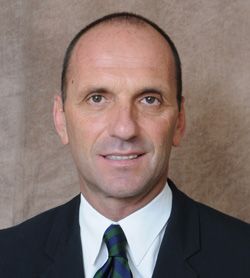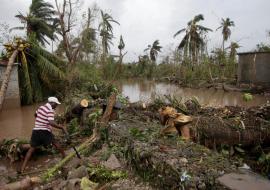CHTA Urges CARICOM Leaders to Ease Intra-Regional Travel Restrictions

CHTA Urges CARICOM Leaders to Ease Intra-Regional Travel Restrictions
In a press conference in St. Kitts during the CARICOM Heads of Governments meeting, in which tourism was not on the agenda, Josef Forstmayr, president of the Caribbean Hotel & Tourism Association (CHTA), took the opportunity to focus on crucial economic factors that are being ignored, all of which could have a beneficial impact on the livelihoods of thousands of Caribbean nationals.
Forstmayr said CHTA is very disappointed that tourism is not an agenda item at the CARICOM meetings going on in St. Kitts despite the fact that three years ago CARICOM heads decided to make tourism a regular agenda item at all CARICOM meetings.
Forstmayr urged CARICOM heads to fix the regional aviation crisis and facilitate ease of travel for Caribbean nationals throughout the region. "We have heard that several heads of government at this meeting had called for reduction in travel restrictions. This is crucial if we are to return to the 1.5 million intra-Caribbean visitors that helped fill vacant rooms at our Caribbean hotels just a few years ago."
The number of intra-Caribbean visitors was down to just 566,000 last year according to statistics from the Barbados-based Caribbean Tourism Organization (CTO). The lucrative intra-Caribbean market stayed predominantly in small indigenous hotels, owned by Caribbean nationals. The serious downturn of this market, due to the lack of an efficient and affordable intra-regional air service, has had a major economic impact on national economies and our small hotels.
The CHTA Tourism is Key campaign highlights several important facts, including the fact that travel and tourism directly and indirectly employs more than1.9 million people in the Caribbean (1 in every 9 jobs), and accounts for 12.8 percent of the Caribbean's economic activity (GDP) - more than in any other region in the world.












